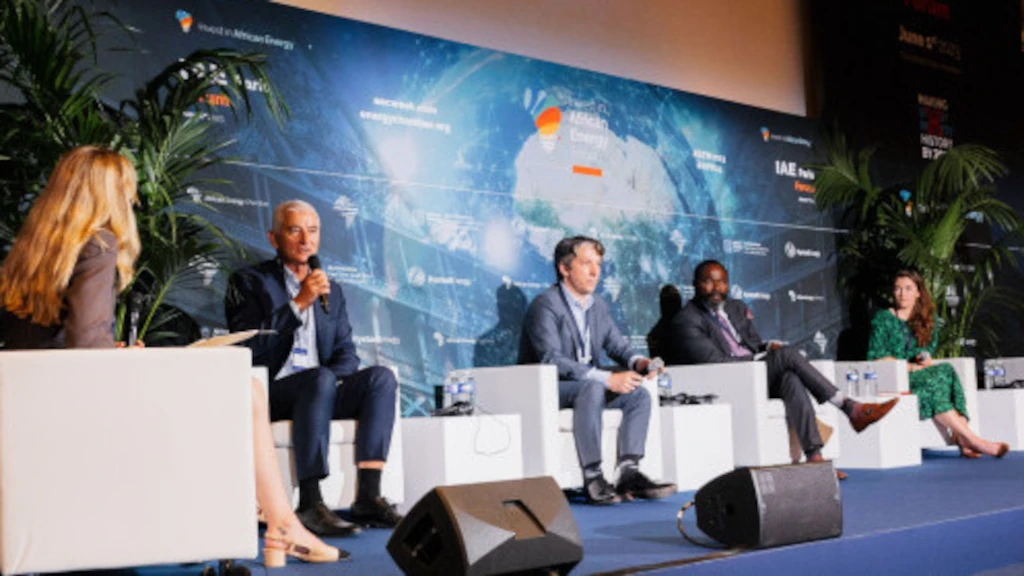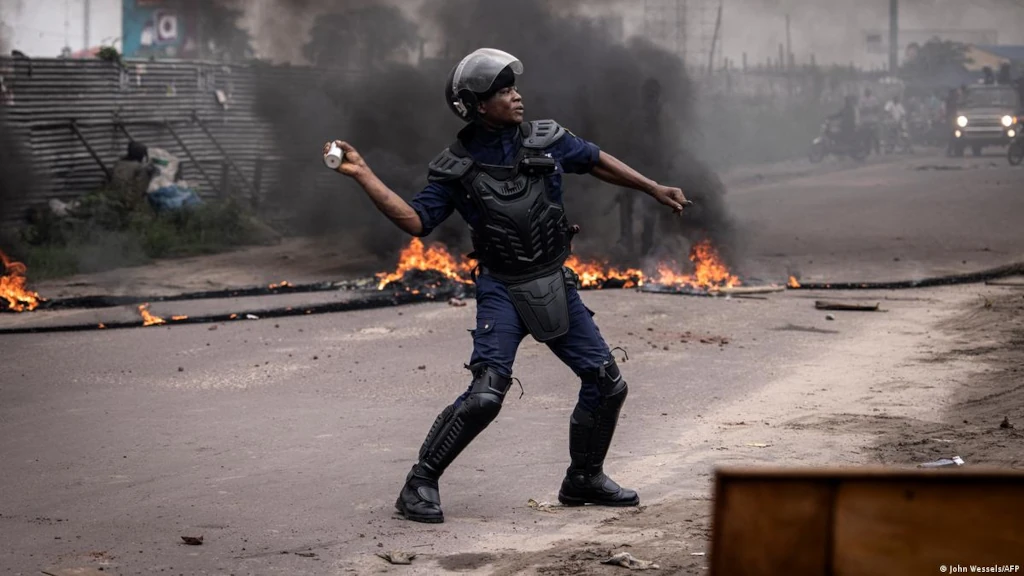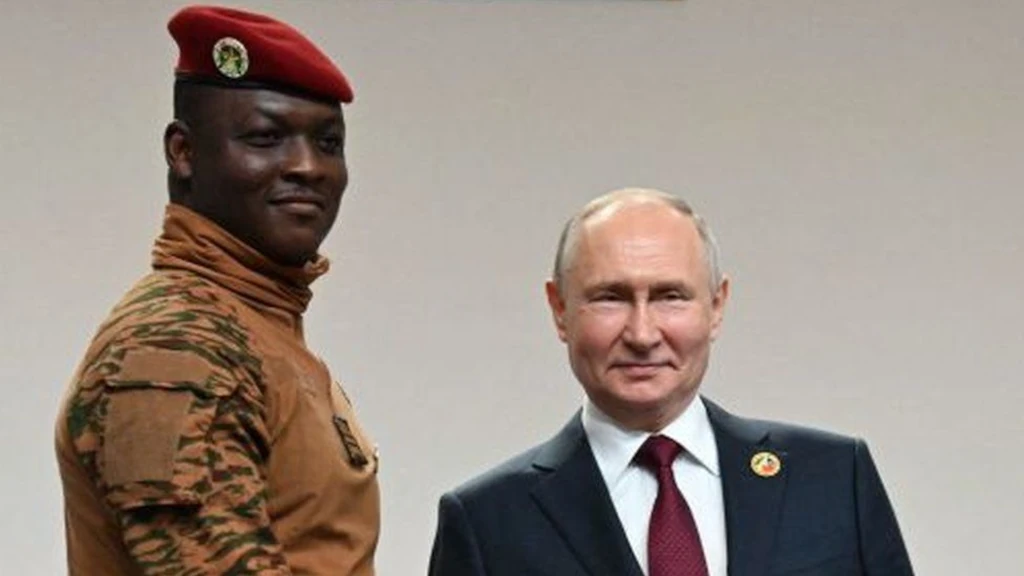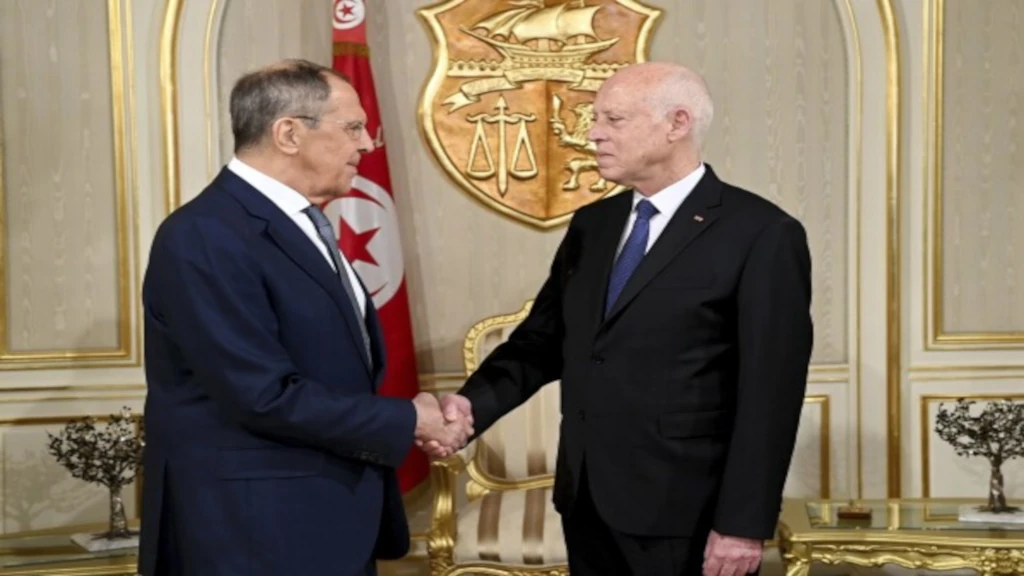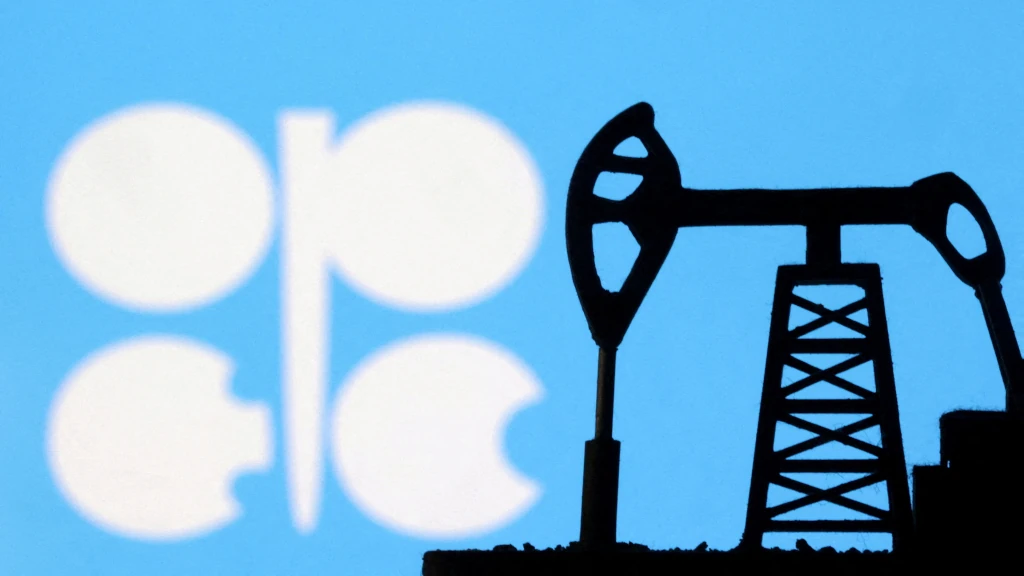The Invest in African Energy 2024 forum will explore the role of Europe’s leading IOCs in strengthening Africa’s oil and gas regulatory frameworks
ARIS, France, December 28, 2023/APO Group/ —
Growing partnerships between European and African companies are playing a pivotal role in shaping Africa’s oil and gas regulatory frameworks. Through cooperative efforts and shared mandates, these partnerships aim to drive energy security, industrialization and environmental sustainability through advancing mutually beneficial projects across the continent.
The upcoming Invest in African Energy (IAE) 2024 forum – scheduled for May 14-15 in Paris – will explore how European investors and African energy markets are working together to revamp oil and gas regulations and foster sustainable development, while still attracting oil and gas investment. Renewed collaboration with European international oil companies (IOCs) like Equinor, Shell, TotalEnergies, bp and Technip Energies is serving to strengthen African energy policies and fiscal terms, with tangible results.
These partnerships aim to drive energy security, industrialization and environmental sustainability through advancing mutually beneficial projects across the continent
In Senegal, bp’s partnership with national oil company Petrosen resulted in the flagship discovery and development of the Greater Tortue Ahmeyim LNG project, and prompted Senegal to revise its existing oil and gas code. The revision resulted in the introduction of a new Petroleum Code in 2019 that targets improved revenue collection for the West African country, while attracting further investments into upstream exploration.
In Angola, the government’s longstanding partnerships with operators like Eni, TotalEnergies and bp have not only boosted exploration and production activities, but also directly shaped the fiscal and regulatory framework. A Presidential Task Force established in 2019 engaged the country’s leading IOCs to assist with the amendment of three presidential decrees and enactment of two new laws. Focus areas included simplifying the oil concessions management process and implementing incentives for investment in marginal fields, with the task force serving as a model for successful public-private sector engagement.
In Nigeria, European IOCs – which also represent the top hydrocarbon producers in the country – have played a significant role in shaping the development and enactment of the Petroleum Industry Act of 2021. The long-awaited piece of legislation serves to facilitate a just energy transition, revamp upstream, midstream and downstream operations, and enhance the country’s competitiveness on a global scale. As a result, it is considered one of the biggest achievements in Nigeria’s energy sector to date.
European-African partnerships also extend to local content development, with a focus on capacity building and knowledge and technology exchange. Namibia has implemented the National Upstream Local Content Policy of 2021 to stimulate the participation of local entities in the country’s burgeoning oil and gas sector. The policy comes in response to growing cooperation between Namibia and European firms including Shell and TotalEnergies in the exploration of the offshore Orange Basin, which has led to five large-scale oil discoveries in the past 24 months.
Finally, Europe is playing a key role in helping Africa to define its policy towards environmental stewardship and sustainability, leading to initiatives like Nigeria’s Methane Emissions Reduction Guidelines and Gas Flare Commercialization Program, which target the reduction of carbon emissions and minimize the ecological impact of oil and gas projects. Partnership initiatives like the Global Gateway Investment Package and the Just Energy Transition Partnerships have sought to foster cooperation between Africa and Europe, focusing on the development, utilization and monetization of gas resources to enhance energy security and facilitate an equitable energy transition. Recognizing the crucial role of natural gas in bolstering energy supplies, several African countries – such as those with integrated gas policies like Ghana’s Gas Master Plan and Mauritania’s Energy Vision 2030 – are actively implementing strategies to maximize sector expansion, in collaboration with European partners.
Source: Energy Capital & Power | Dec 28, 2023
 afric-Invest
afric-Invest